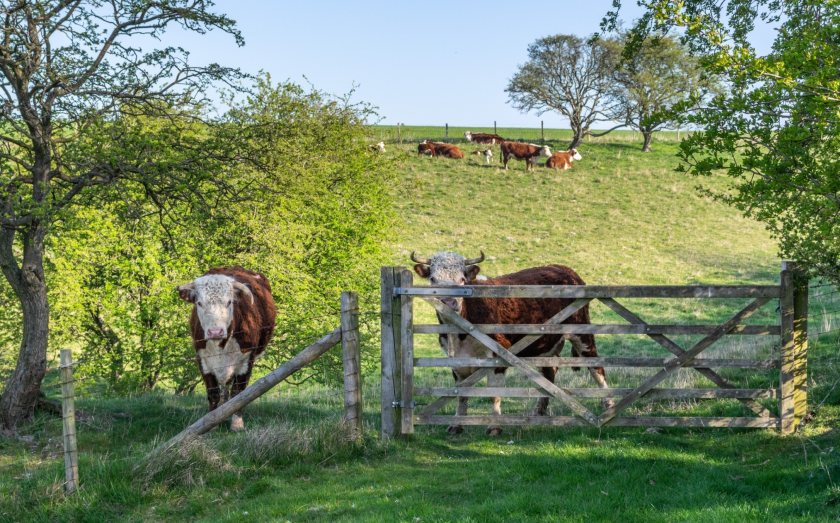
Bluetongue has been confirmed in a single bull on a farm in East Yorkshire, leading to the creation of a 20km temporary control zone (TCZ).
The TCZ means restrictions on animal and germinal product movements following confirmation of bluetongue virus 'BTV-3' on the Withernsea farm.
Defra said on Wednesday evening (4 September) that the area was previously free of bluetongue, and that the bull would be culled to minimise the risk of onward transmission.
Defra said: "Following suspicion of disease in cattle at a premises near Withersea, East Riding of Yorkshire, bluetongue serotype 3 has been confirmed.
"This premises is an area previously free bluetongue. A 20km temporary control zone has been declared and the affected animal will be culled to minimise the risk of onward transmission."
There have been dozens of confirmed BTV-3 on farms, but so far the virus is concentrated mainly in the East of England.
Norfolk, Suffolk and Essex are all in a 'restricted zone', which is stricter compared to the TCZ in East Yorkshire.
The zone means livestock keepers must follow tougher restrictions on animal and germinal product movements.
All infected premises in the three counties are under restriction and susceptible animals can only be moved under licence from infected premises.
Essential moves of susceptible animals can take place without a licence within the restricted zone but cannot be moved out of the zone without a specific licence.
A general licence to move animals to designated abattoirs is also available.
The total number of bluetongue cases across the UK now stands at well over 40 as of 5 September, on 15 infected premises.
It follows confirmation of the disease in a single sheep on a farm in Norfolk last week, which made it the first UK bluetongue case this summer.
UK Chief Veterinary Officer, Christine Middlemiss had urged farmers not to move animals within the restricted zone "unless it is absolutely necessary".
"All keepers in these regions must urgently act now to both prevent the disease spreading to their herds and any further," she said.
“We have not taken this action lightly and we are clear that farmers and their vets must remain vigilant and report any suspicions to APHA immediately.”
Bluetongue virus is primarily transmitted by midge bites and affects cattle, goats, sheep and camelids such as llamas.
The impacts on susceptible animals can vary greatly – some show no clinical signs or effects at all while for others it can cause productivity issues such as reduced milk yield, while in the most severe cases can be fatal for infected animals.
The virus can also be spread through germplasm (semen, ova, and embryos) as well as transmitted from mother to unborn offspring.
Farms close to the coast in counties along the east coast of England from Norfolk to Kent and along the south coast from Kent to Devon have been classed as the highest risk of incursion.
Last November, government vets identified the first case of the disease in Britain since 2007.
The government recently set out its plans to minimise the impact of a likely outbreak of bluetongue as experts feared a surge in cases during the summer months.
BTV is a notifiable disease. Suspicion of it in animals in England must be reported to the Animal and Plant Health Agency on 03000 200 301.
